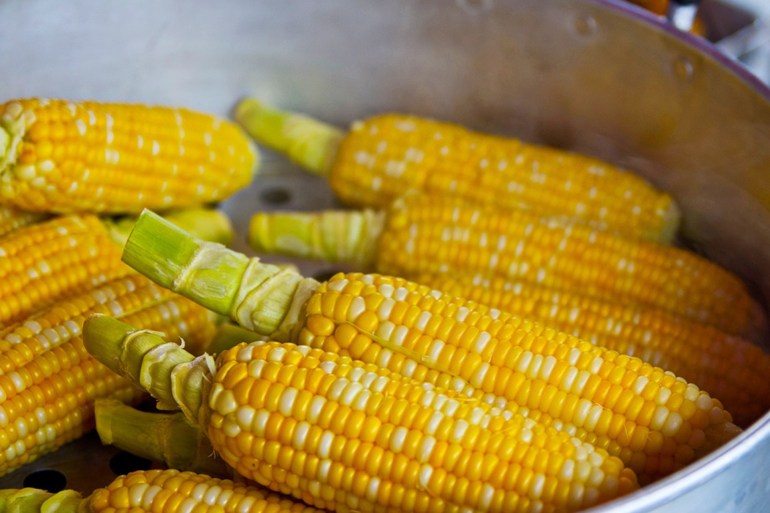A recent NASA study stated that agricultural crops in the world will be significantly affected, either negatively or positively, by climate changes by the year 2100, and that the countries of the world will begin to notice these changes clearly starting from 2030.
This study - which was published in a statement on the second of this March on the website of the "NASA Scientific Visualization Studio" - focused on wheat and corn as one of the most powerful agricultural crops in the world and the most vulnerable to climate changes, according to expectations.
In drawing this future picture, NASA experts relied on climate models developed by climate experts that allow setting expectations and predicting what might happen in the future if the countries of the world fail to stop or mitigate global warming.
Most affected areas
According to the statement issued by NASA, the production of wheat, corn and other agricultural crops will be affected from one region to another, according to the rise in temperatures and the different rates of rainfall, which are variables that may increase and decrease and cannot be controlled.
According to the statement, the corn production will decline - according to these expectations - by 24%, except for some few areas where it will witness an increase, while wheat will witness an increase in its production by 17%.
The statement said that corn production will decline in North America, which ranks first in the world in corn production, Central America, West African countries, Central Asia, Brazil, China and Europe.
As for the wheat product, it will know - according to the study - an increase in some areas known to produce it, such as Russia, Canada, North America, North China, Central Asia, South Australia, Western Asia, Iran, Turkey and Syria.
The study also expected that wheat production would witness a slight decline in some countries, such as India, which is the second largest producer of wheat in the world, Pakistan, Jordan and Saudi Arabia.
Global corn production is expected to decline by 24% (Pixabay)
ways to confront
Although the study did not offer solutions that would mitigate the risks of climate change, many international studies had addressed this problem as a matter of warning and preparing to confront it from now.
The decline in agricultural crop production is not the only problem that the world will face due to climatic changes in the agricultural field, but there is also the risk of epidemics and diseases that will threaten some species with extinction or cause a decline in production in general.
Commenting on this study, Dr. Halima Benbouza - a specialist in biotechnology sciences at the University of Batna in Algeria - said in a statement to Al Jazeera Net via e-mail that "the risks of climate change in the agricultural sector will be significant and devastating in the coming years, and these risks are mainly represented in the decline of the agricultural product Some crops, the spread of diseases in some species, or even the extinction of some.”
Drought is one of the most dangerous manifestations of climate change in the countries of the world (Pixabe)
Benbouza added that the Arab countries, like the rest of the world, will have their agricultural production of wheat, corn and other products affected greatly by climatic changes, and that they are required today to prepare well in order to adapt to the new conditions expected in the coming years.
In order to confront and mitigate these effects, Benbouza says, "Farmers must rely on what is known as biodiversity-based agriculture, that is, the cultivation of different types for a single crop, such as wheat, for example, because this will give the farmer chances of surviving some of his crop in the event of an environmental disaster."
Benbouza concluded her speech with the need to focus on the use of new genetic approaches, especially that new technologies such as genome editing constitute the best solutions in choosing the most efficient and temperature-resistant species. It is work in this aspect.

